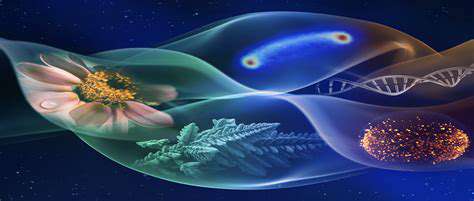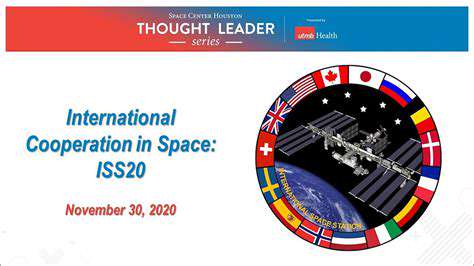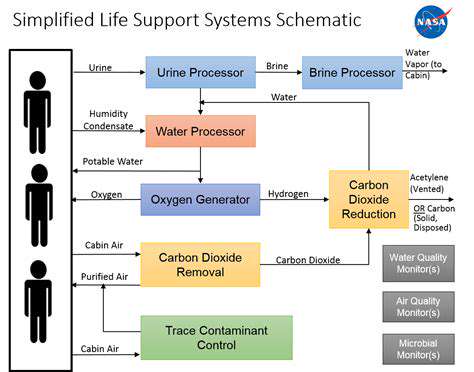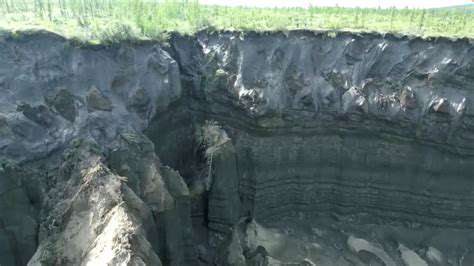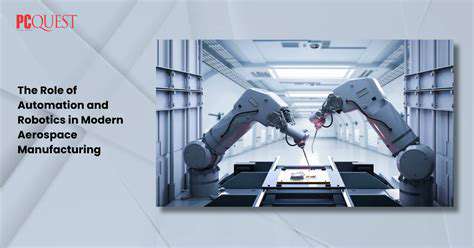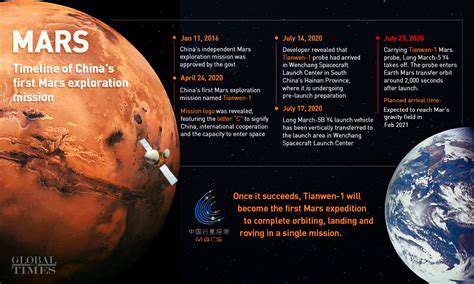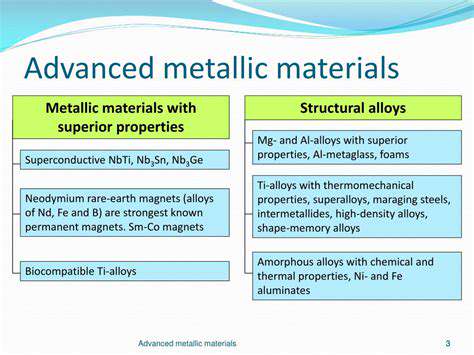Mars: The Red Planet's Potential
Mars, the fourth planet from our sun, has captivated humanity for centuries. Its rusty surface, once thought barren, now reveals tantalizing possibilities for resource utilization. Scientists are actively researching the presence of water ice beneath the Martian soil, a crucial element for sustaining human life on the red planet. The extraction and processing of this ice could provide both drinking water and a source of rocket fuel, significantly reducing the mass required for future missions. This could dramatically lower the cost of establishing a permanent Martian base and facilitate further exploration.
Beyond water, Martian regolith (soil) holds promise as a potential building material. The development of 3D printing technologies adapted for Martian conditions could allow for the construction of habitats and infrastructure using locally sourced materials. This, in turn, reduces the need to transport massive quantities of materials from Earth, further decreasing the cost and complexity of future missions and settlements.
Lunar Resource Utilization: A Stepping Stone
While Mars often takes center stage in discussions about space resource utilization, the Moon presents a much closer, more readily accessible proving ground for these technologies. The Moon's abundance of rare-earth elements, critical for modern electronics and high-tech applications, makes it an attractive target for resource extraction. Initial missions could focus on establishing a lunar base, developing extraction techniques, and testing the feasibility of transporting these resources back to Earth for commercial use. This early experience on the Moon will be invaluable for future Mars missions and other deep-space endeavors.
Furthermore, the Moon's stable surface environment and relatively low gravity provide an ideal testbed for developing and refining robotic resource extraction technologies. The unique lunar environment offers unique challenges that need to be overcome before attempting similar operations on Mars. Successfully tackling these challenges on the Moon strengthens the foundation of knowledge and technology needed for future missions involving resource extraction in harsher environments.
Asteroid Mining: A Vast Reservoir of Resources
Beyond the planets, the vast asteroid belt presents a treasure trove of valuable resources. Asteroids contain a wide array of metals, including platinum group elements, which are in high demand on Earth. Mining these asteroids could provide a potentially lucrative source of raw materials, revolutionizing the global supply chain and reducing reliance on Earth-based resources. The sheer scale of the asteroid belt suggests that the potential for resource extraction is staggering.
Beyond Earth: Expanding the Resource Frontier
The exploration of space resources isn't limited to Mars or the Moon. Jupiter's icy moons, like Europa and Ganymede, are suspected to harbor vast quantities of water ice, potentially containing more water than all of Earth's oceans combined. This possibility raises exciting prospects for future exploration and the discovery of previously unknown resources. The existence of these resources could significantly expand the potential for life beyond our planet and provide critical resources for future human settlements beyond the confines of our solar system.
The Challenges and Ethical Considerations
While the potential rewards of space-based resource utilization are immense, significant challenges remain. The development of robust and reliable technologies for extraction, processing, and transportation of resources in the harsh and unique environments of space is crucial. International cooperation and regulatory frameworks are essential to ensure responsible and sustainable resource extraction practices. Ethical considerations surrounding the ownership and distribution of these resources must also be addressed to avoid conflicts and ensure equitable access.
Environmental concerns are also paramount. The potential for contamination of celestial bodies or the disruption of delicate ecosystems during resource extraction must be carefully considered and mitigated. The establishment of clear environmental regulations and guidelines is crucial to ensure that space exploration and resource utilization occur responsibly and do not jeopardize the integrity of these unique environments.
The Technological and Societal Implications of Space Resource Utilization
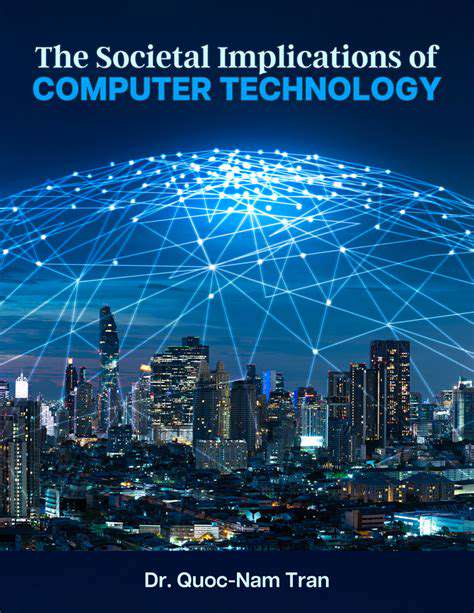
Technological Advancements in Communication
The rapid advancement of technology has revolutionized communication, enabling instant global connections. From the invention of the telephone to the proliferation of smartphones and social media, communication has become increasingly sophisticated and accessible. This has profoundly impacted societal interactions, fostering collaboration and information sharing across geographical boundaries.
The accessibility and speed of modern communication tools have led to unprecedented levels of interconnectedness. People can now interact with others across the globe in real-time, fostering relationships and facilitating the exchange of ideas and perspectives.
Societal Impacts on Information Dissemination
The democratization of information, driven by technological advancements, has profoundly reshaped societal structures. Individuals now have unprecedented access to a wealth of information, allowing for greater transparency and accountability in various sectors. This has empowered citizens and fostered a more informed and engaged populace.
However, the ease of access to information also presents challenges. The spread of misinformation and disinformation poses a significant threat to public discourse and societal harmony. Critical thinking and media literacy are crucial in navigating this complex information landscape.
The Rise of Digital Platforms and their Influence
Digital platforms have become central hubs for social interaction and information sharing. These platforms have transformed the way businesses operate, consumers engage with products and services, and individuals connect with each other. The rise of social media has facilitated the formation of online communities and the mobilization of collective action.
The Evolution of Work Practices and Employment
Technological advancements have profoundly altered work practices and employment opportunities. Remote work has become increasingly prevalent, allowing individuals to work from anywhere with an internet connection. This flexibility has broadened employment opportunities and empowered individuals to balance work and personal life more effectively.
Automation and artificial intelligence are also transforming the nature of work. While some jobs may be displaced, new opportunities are emerging in fields like data science and AI development.
Ethical Considerations of Technological Progress
The rapid pace of technological advancement raises significant ethical concerns. Issues such as data privacy, algorithmic bias, and the potential misuse of technology require careful consideration and proactive measures to mitigate negative consequences. Ensuring that technology benefits all members of society and does not exacerbate existing inequalities is paramount.
The Impact on Global Interactions and Cultural Exchange
Technological advancements have fostered unprecedented levels of global interaction and cultural exchange. Individuals can now connect with people from diverse backgrounds, learn about different cultures, and participate in global conversations. This interconnectedness has broadened perspectives and fostered a greater appreciation for global diversity.
The Future of Technology and Society
Looking ahead, technology is poised to continue shaping society in profound ways. Predicting the future is challenging, but the potential for technological advancements to solve global challenges such as climate change and poverty is immense. However, it is crucial to ensure that technology is developed and deployed responsibly, ethically, and inclusively. The future of technology and society hinges on our ability to harness its transformative power for the betterment of humanity.
